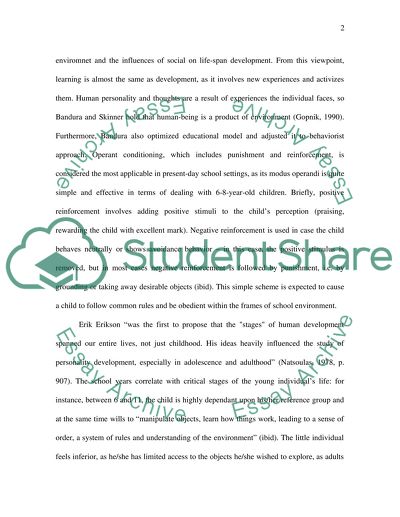Cite this document
(Human Learning and Development Literature review - 1, n.d.)
Human Learning and Development Literature review - 1. Retrieved from https://studentshare.org/education/1538163-human-learning-and-development
Human Learning and Development Literature review - 1. Retrieved from https://studentshare.org/education/1538163-human-learning-and-development
(Human Learning and Development Literature Review - 1)
Human Learning and Development Literature Review - 1. https://studentshare.org/education/1538163-human-learning-and-development.
Human Learning and Development Literature Review - 1. https://studentshare.org/education/1538163-human-learning-and-development.
“Human Learning and Development Literature Review - 1”, n.d. https://studentshare.org/education/1538163-human-learning-and-development.


